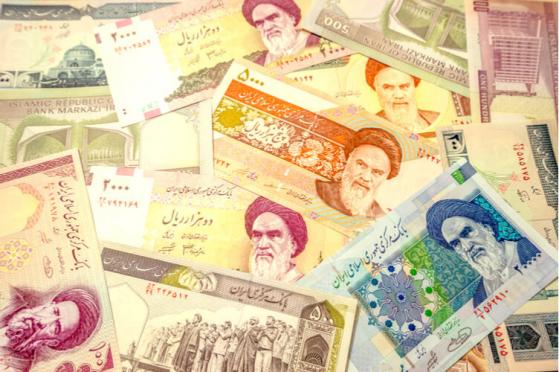Iran was having a tough time even before the sanctions came back and US President Donald Trump decided to renege on the nuclear deal. The Iranian rial was trading at $0.0000335, not necessarily a good sign for a nation that is one of the most powerful in the Middle East.
Juan Villaverde, Weiss Cryptocurrency Ratings’ crypto guru, said that the mounting economic troubles faced by the country is putting Iranians in a difficult position where they are almost forced to rely on cryptocurrencies for stability. Something many institutions consider a volatile trading instrument full of hot air may be the saving grace for some of the people trapped in Iran’s economic system.
“To continually trust traditional money and banking, you must live in a country that has continually enjoyed financial stability. But there aren’t many of those left. For the rest of the world, the appeal of cryptocurrencies is immediately apparent: Your government won’t print this currency into oblivion. You can trade it with whomever you want. And you can enjoy a kind of financial freedom that would otherwise be impossible,” Villaverde wrote.
He went on to point out that the rial suffered further crashes both before Washington announced the end of the nuclear deal and a few days after the fact.
If people cannot find the means to physically leave the country, their hopes lie in the ability to flee by financial means, buying more stable fiat currencies or, alternatively, getting into cryptocurrencies with the hope that demand will continue to grow like it did last year.
The problem with fiat, of course, is that sanctions could make it very difficult to move dollars out of the country, even if Iran’s government doesn’t explicitly make efforts to stop the outflow.
“It’s not hard for Washington to bar a nation’s access to the global financial system. So if you’re in a barred country, even if the dollars are still in your account, it’s almost impossible to get them out of the country. Unless you want to risk the harsh punishment for those who drive across the border with a backpack full of hundred-dollar bills,” Villaverde added.
This gives Iranians even more reason to purchase digital coins despite them being more volatile than fiat equivalents they sometimes trade for.
And it’s not like the government is not privy to the situation. Speaking to Ibena, Mohammad Reza Pourebrahimi—chairman of the parliament’s economic commission—suggested that the country should start its own national cryptocurrency to counteract the outflow of rials in exchange for the likes of Bitcoin.
He said that foreign cryptocurrencies are risky, with no customer protections in place and a “lack of credible backing.” The problem with this statement is that a national cryptocurrency might not do much for Iran if it still has no interest from the global economy.
If a crypto-rial manages to capture the intrigue that the Petro supposedly did in Venezuela, it might have a realistic chance of nurturing a black market to get around its current sanctions. But the real question here is, “Would everyday Iranian citizens benefit from such a move?”
This article appeared first on Cryptovest
